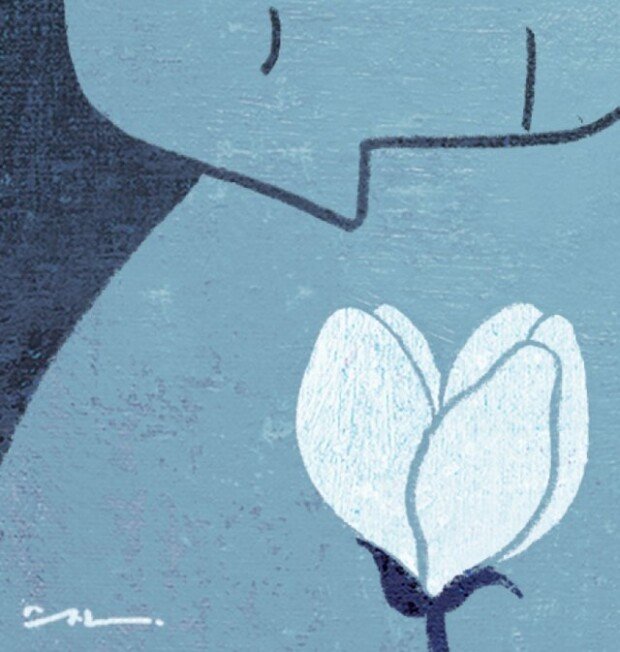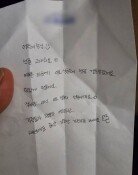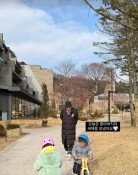Magnolia, again
Magnolia, again
Posted February. 19, 2022 07:25,
Updated February. 19, 2022 07:25

Kim Dong-hwan and Baek Seok may remind you of the winter season. The former, who wrote “Night of Frontier,” was born in North Hamgyong Province while the latter, who released “Natasha, the White Donkey, and Me,” came from North Pyongan Province. Born in the northern region, they mastered how northern regional sentiments are interpreted poetically. If you ask further, Kim Kwang-gyun is my next answer. He was more of a fan of snowy sceneries than a portrayer of sentiments of the northern region. One of the most famous poems written by Kim is “Snowy Night,” which starts with the line “Fluttering in silence in the middle of the night as if it were news of yearnings from afar.” Kim often described his longings softly covered with white snow in poetry.
Rather than having a thing for snow and winter, Kim might have loved anything that is white, clean and beautiful. By far, snow is the most reasonable symbol. That is, not winter but anything white that he loved is at the core of his poetic world. You may often link Kim to “Gas Light” and his other exotic poems. However, it would be a shame not to appreciate “Snowy Night.” If you want more of his poetry, give a try at magnolia-themed pieces written by Kim. Magnolias also represent white, cleanness and beauty. This poem gives you many hints about his mother passing away in April many years ago and returning every spring in the form of a flower to her aged son, who must have been happy but sad. I skim over it in winter out of worry that reading such a heart-touching story in spring may make me too sad.







